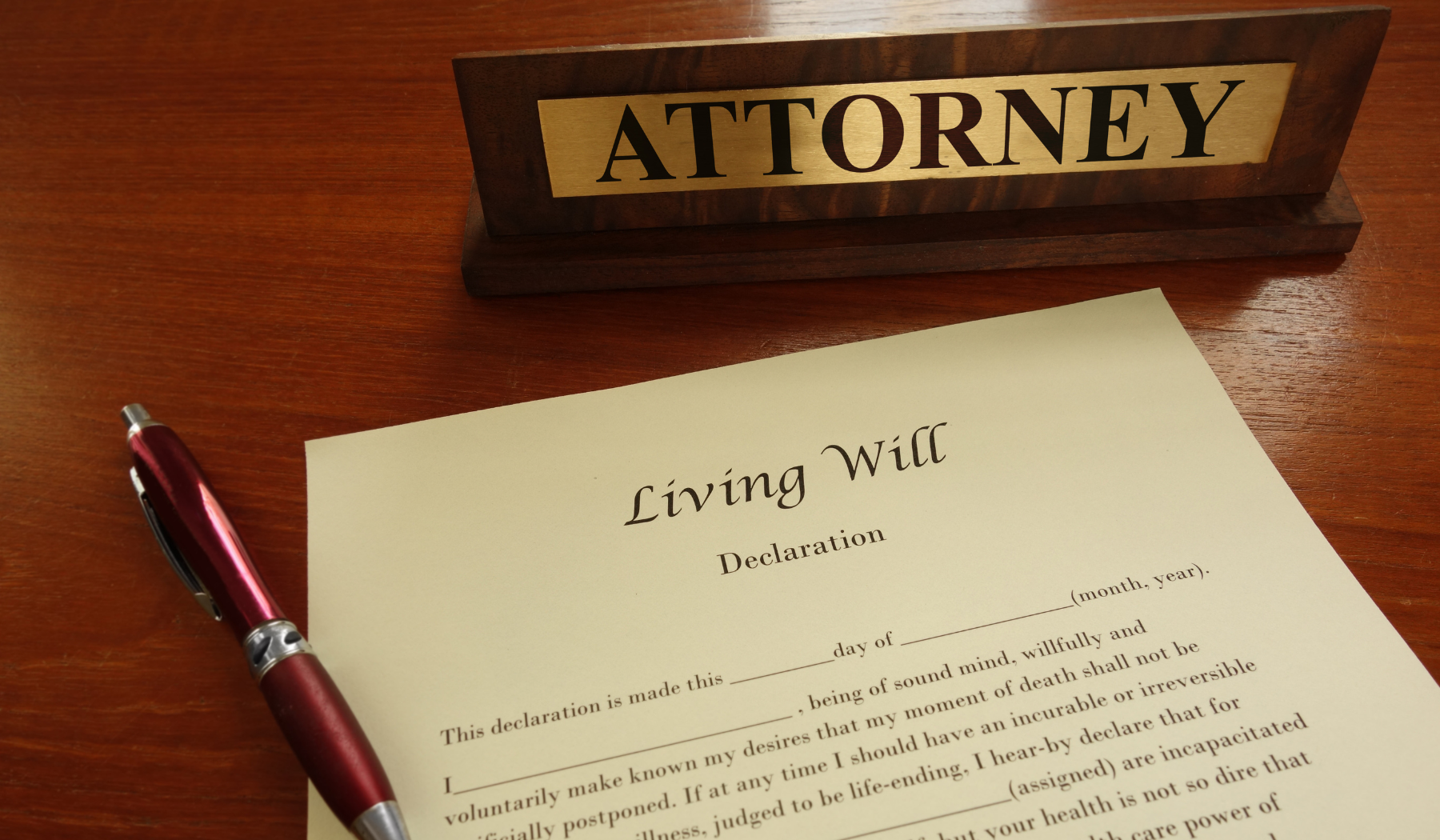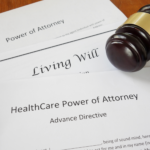
When I ask our younger clients if they would like to complete a Health Care Directive, they often say no, stating that they are too young to need such a thing. My response is always “What does age have to do with end-of-life decisions?” I can think of at least fifty examples of a young person ending up in the end stage of life and a family member having to make difficult decisions on their behalf. Please, do not get lulled into complacency by thinking that age is protection.
I was in my doctor’s office recently when I noticed a large collage talking about the importance of having a Living Will or Health care Directive. It emphasized the importance of having such a document, regardless of how old you are, reinforcing to me what our office always stresses to our clients and the community. A Health care Directive is a document in which each of us tells our loved ones how we want the end of our life to be handled. When we are in a permanent vegetative state, a permanent state of unconsciousness, or in the end-stage of a medical condition, all with no reasonable likelihood of any significant recovery, it provides answers such as Do you or do you not want to be resuscitated, to you want tube feeding, and appoints an agent that can serve to make decisions for you once you are unable to do so yourself.
One of the quotes on the doctor’s display said, “End-of-life decisions should not be made at the end of life.” Another said, “For human beings, life is meaningful because it is a story, and in stories, endings matter.” Another said, “I have an Advanced Directive, not because I have a serious illness, but because I have a family.”
Most of us know what medical decisions we want at the end of our lives, but have we communicated that to our family and loved ones? When we meet with clients to help them create estate planning documents, we always point out to them that they have the option in their Health Care Directive of deciding what, if any, extraordinary measures they want to be taken at the end of their lives. Once they select those options, we then come to perhaps the most difficult question of all: should these instructions be binding on their families and providers, or do they want their loved ones to be able to override their decisions? Many opt for binding instructions, so their loved ones do not have to make any of those difficult decisions in the heat of a devastating crisis. Either way, they have expressed their desire to guide their loved ones.
Age is not a factor in creating a Health Care Directive; tragedy can strike unexpectedly at any age. The expense is low, but the peace of mind in knowing that when our time comes, we have already made those decisions for both ourselves and our loved ones.
So, start the conversation with your family. Communicate your wishes to them and urge them to communicate theirs to you. Then, go to a qualified estate attorney and put those wishes on paper so that when your time comes, all involved, including your medical providers, know how you want the end of your life to be managed.
We offer FREE Workshops each week! Or you can call our office at (717) 845-5390.


